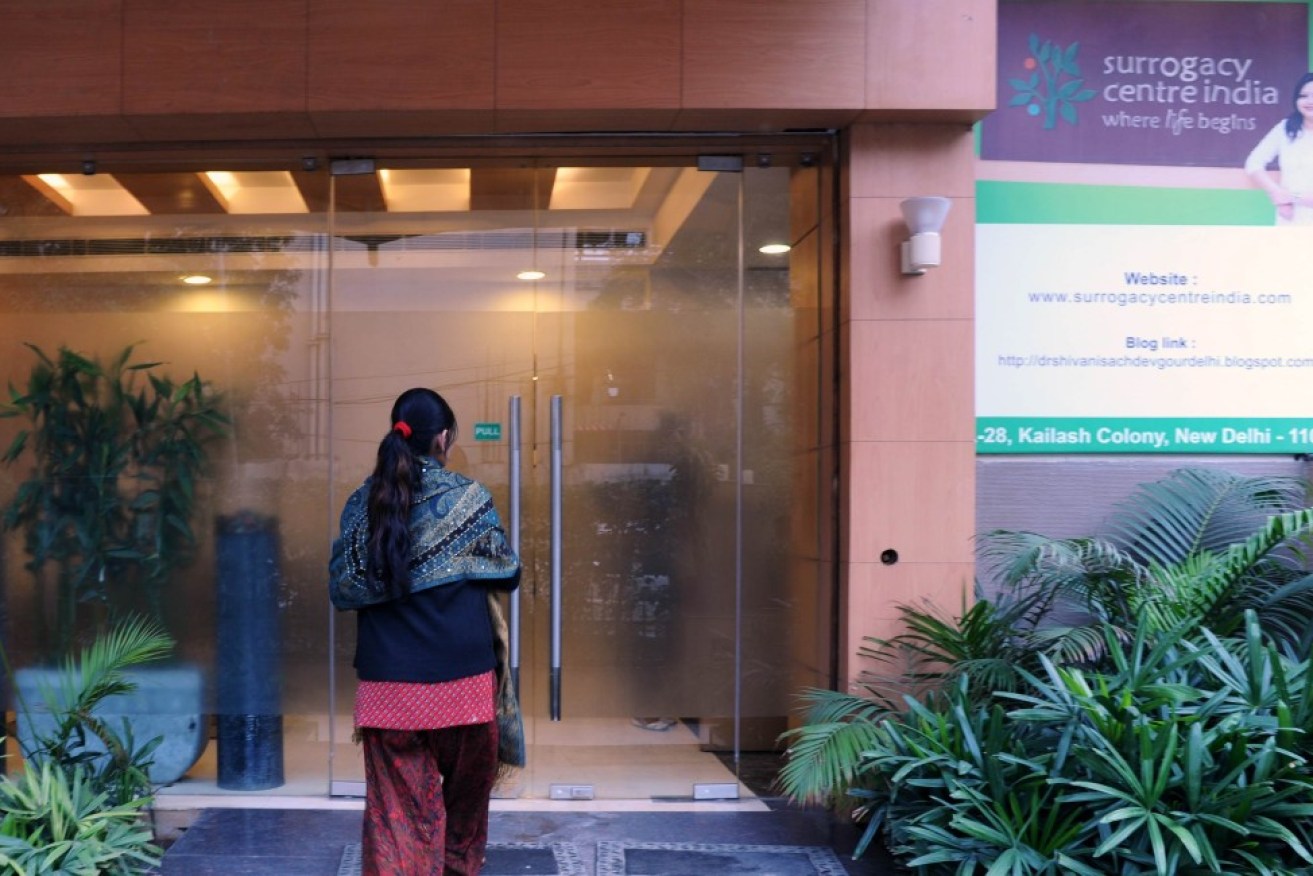Surrogacy leave offered to public servants

Surrogacy Centre India (SCI) clinic in New Delhi which supplies children to parents in 15 countries, including Australia, Canada, Japan, Norway and Brazil.
The State Government is offering public servants paid leave to care for a child born via surrogacy arrangements or “other parent-child relationships”.
The proposed leave is part of a letter of offer from the Government to several public sector unions that forms the basis of a Draft Enterprise Bargaining Agreement (EBA).
InDaily revealed details of the letter’s pay rise offer and new redundancy clauses last week.
“It is proposed to extend the current adoption leave entitlements to other forms of parenting where there is a parent-child relationship, i.e. surrogacy,” the State Government’s offer says.
The current provisions allow public servants with more than 12 months’ service to take 16 weeks’ paid leave from a period “immediately prior to taking custody of an adopted child”.
Public servants with more than five years’ service get 18 weeks’ adoption leave.
It’s understood the surrogacy provision was proposed by the Australian Education Union to “bring the provisions in line with international standards and tidy up the language of parental leave,” a source said.
The AEU, however, is not happy with the main provisions of the letter, taking a view contrary to the more powerful Public Service Association (PSA).
The State Government’s offer included a pay rise of 2.5 per cent in October 2014, 2015 and 2016 and the “introduction of a new redeployment, retraining and redundancy policy”. The latter policy would effectively see the end of public service permanency.
The PSA has backed the pay rise after Treasurer Tom Koutsantonis said any higher increase would have to be paid for by further job cuts.
Education Union spokesman David Smith said the 2.5 per cent is too low.
“We’re not very pleased about that,” he told InDaily.
“It doesn’t match the Consumer Pirce Index and is insuffiecient.”
While the AEU has very few members covered by the public service EBA, it’s concerned that the PSA deal will be pushed onto school staff and teachers.
“We have our own EBA coming up and we don’t want this to be seen as a standard,” Smith told InDaily.
“Our major concern is that one will flow onto the other.”
The AEU also rejected the proposed new redundancy policy which ends the concept of permanency and caps the period a public servant can be declared excess to requirements at 12 months, after which they will be forced to take redundancy.
“We think the 12 months would be inappropriate to our membership as it works against the concept of providing a stable education for young children,” Smith said.
“Our members are professionally trained and we don’t need a system that promotes too much churn of staff.”
The PSA, meanwhile, said it is getting positive feedback from its members as it discusses the offer at work sites.
Chief Industrial Officer Peter Christopher said today the prospect of further job cuts was seen as a real concern.
“The overwhelming feedback we are getting is that members can see what’s happening in the Commonwealth Public Service and in places like Tasmania where there’s a wage freeze.
“While they would like more than 2.5 per cent a year, they know that anything higher would come at the expense of jobs and they’re prepared to hold off.”
The discussions will be formalised in a draft EBA in the next four weeks, giving public servants a document they can either vote to accept or reject.




